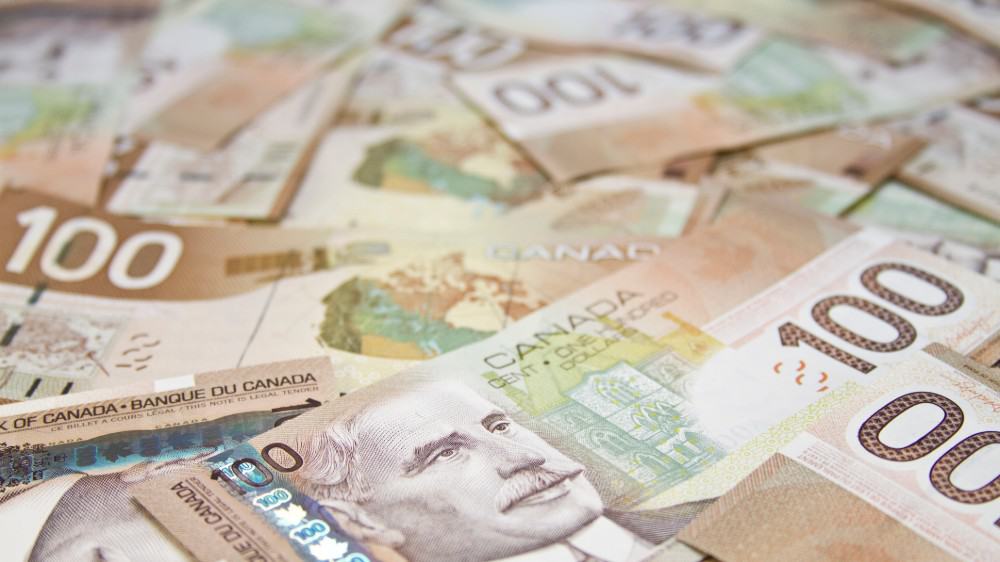Justin Trudeau’s government released its 2021/2022 budget Yesterday. It included some eyebrow-raising items, including $101 billion in recovery spending, luxury tax increases, and an astonishingly large debt forecast. This year, Canada’s debt hit $1 trillion. Deficits over the next several years will take it to $1.4 trillion. That’s a pretty big number; in this article, I’ll explore what it means for Canadians.
Reasons for the $1.4 trillion in debt
The main reasons given for Canada’s $1.4 trillion debt forecast include:
- Existing debt
- $101 billion in recovery spending
- A $354 billion deficit for the 2020/2021 fiscal year
- A $154 billion deficit for 2021/2022
- $50 billion deficits for a few years afterwards
These are very large deficits. To put them in perspective, the $2019 deficit of $20 billion–and that was controversial in itself! The annual interest on $380 billion worth of debt financed at 1% interest is $3.8 billion. That’s a lot of money out of the budget every year, and this figure is just based on one year’s worth of deficit spending!
What’s that on a per capita basis?
If we look at Canada’s forecast debt of $1.4 trillion, we can find how much it works out to on a per capita basis.
Canada presently has a population of 38 million. $1.4 trillion divided by 38 million gives us approximately $37,000–the expected debt per capita assuming no change in the population. This is simplifying things, because the population will likely change. But it’s a convenient number that we can work with.
On the surface, $37,000 per person doesn’t seem like a lot. Certainly, the average Canadian individual has more debt than that. But if you combine personal, provincial and federal debt, the number grows much higher. And remember: interest on debt is paid out of tax revenue. Money that goes to paying interest creates a gap in the budget that has to be filled somehow. Normally, we expect gross domestic product growth to increase the tax base, and work these things out over time. But the levels of spending we’ve seen recently are unprecedented. Nobody really knows what’s going to happen.
How to avoid getting debt-bombed
If you’re worried about the federal debt, the best thing you can do to avoid it taking a bite out of your wealth is to minimize your taxes. Debt is ultimately serviced by the taxpayers. So the less you pay in taxes, the less of this debt burden you’re taking on yourself.
Unfortunately, minimizing taxes on employment income isn’t always viable. But minimizing taxes on investments is very do-able. If you hold investments like Enbridge Inc (TSX:ENB)(NYSE:ENB) in a Tax-Free Savings Account (TFSA_ instead of a taxable account, you reduce your tax bill to $0. If you realize truly phenomenal returns, the tax savings can be enormous. With a 7% yield, ENB stock pays $3,500 in dividends a year on a $50,000 position.
If you realized a $10,000 capital gain on ENB stock and collected $13,500 in dividends, you’d be looking at potentially thousands in taxes. Unless, of course, you held the position in a TFSA. If you did that, you would pay zero. So you’d realize immediate tax savings and keep more money for yourself.










